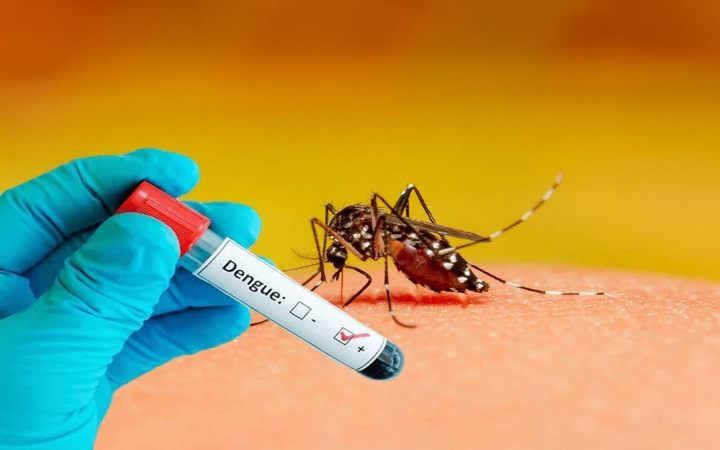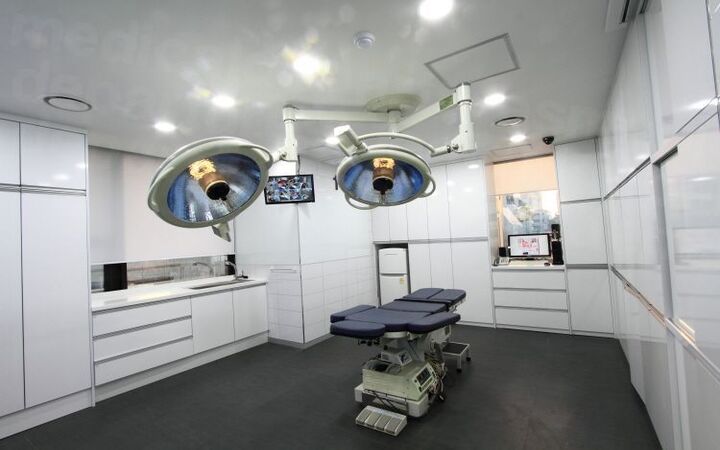What is Dengue Virus and How to Prevent It

Dengue fever, often known as breakbone fever, is caused by a viral infection spread by mosquitoes. In some situations, it might cause severe sickness. Dengue fever is caused by four distinct viruses, and it is spread by Aedes mosquitoes Every year, an estimated 400 million dengue infections occur worldwide, with around 96 million resulting in disease. Most of the cases occur in tropical areas of the world. The vaccines are being developed by researchers for dengue fever. For the time being, in places where dengue fever is common, the best approaches to avoid infection are to avoid mosquito bites and to take action to lower the mosquito population.
Symptoms of Dengue Fever
Fever and one or more of the following symptoms are the most common.
- Headache
- Eye ache (typically behind the eyes)
- Pain in the muscles, joints, or bones
- Rash
- Vomiting and nausea
- Severe dengue is a medical emergency. Recognize the red flags.
If you or a family member experiences any of the following symptoms, go to a nearby clinic or emergency department very away:
- Tenderness in the stomach or belly
- Vomiting at least 3 times a day
- Bruising of the nose or gums
- Blood Vomiting or blood in the stool
- Tired, restless, or irritable?
When You Need Medical Assistance?
Severe dengue fever with serious symptoms is a medical emergency that can be fatal. If you have recently visited an area where dengue fever is known to occur, you have a fever, and if you develop any of the warning signs, seek emergency medical assistance. Severe stomach discomfort, vomiting, difficulty breathing, or blood in your nostrils, gums, vomit or faeces are all warning signals.
If you’ve recently traveled and got a fever and moderate dengue fever symptoms, contact your doctor.
How to Prevent it?
You can follow the preventive measures mentioned below to keep yourself safe from Dengue fever.
Mosquito Habitat Reduction
Mosquitoes that transmit dengue thrive in stagnant water including things such as tires, plastic covers, flower pots, pet water bowls, and so on. Reducing the habitat available for these mosquitoes to breed by removing stagnant water can help prevent dengue.
Dress in long-sleeved shirts and pants
Permethrin-sprayed clothing is depicted graphically. Treat goods with 0.5% permethrin, including as boots, pants, socks, and tents, or buy permethrin-treated clothing and gear.
Stay in screened-in houses
You need to be sure that the windows are properly closed and that there is no gap in the door screens. This would eliminate the possibility of mosquitoes entering the residence. Mosquitoes that transmit vector-borne diseases are most active between the hours of dawn and night. During this time, keep all of your windows and shutters closed.
Mosquito repellents should be used
Using mosquito repellents, particularly in tropical places with dense populations and crowds, can help keep mosquitos away from you. When traveling to tropical areas, and even when you’re at home, apply mosquito repellent ointment to your skin. You can buy mosquito patches, mosquito bands, and mosquito wipes for children or newborns from reputable skincare brands in your nation.
Sleep with a mosquito net
Sleeping under a mosquito net will give you an extra layer of protection from mosquito bites; however, even if you sleep in a net don’t forget to use some sort of repellent.
Plan Your Outings
It is not inevitable that you would have dengue fever solely at home. It can also happen while camping on a humid day or while taking a walk in the woods on a rainy day. Plan your visits around the weather and bring your entire mosquito repellent arsenal, from creams to netted sleeping bags, and so on.
Stay Safe and Secure
Make sure to keep yourself and your family safe from mosquitoes, and follow all the preventive measures. If you feel any of the symptoms make sure to visit the doctor as soon as possible.






